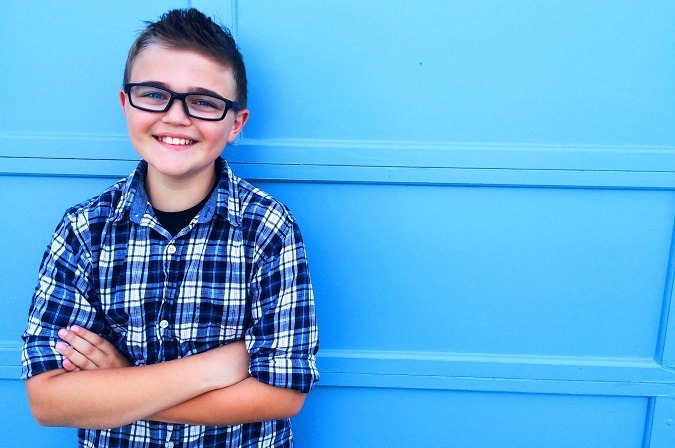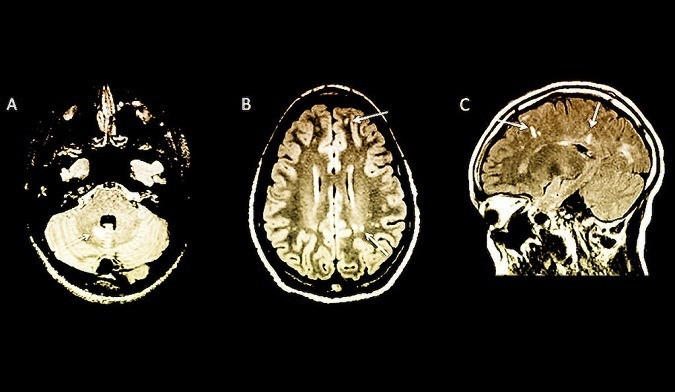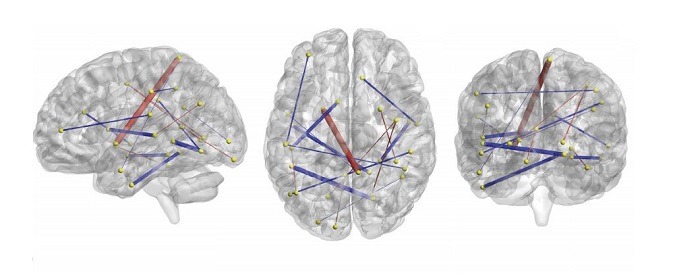Posts Tagged ‘brain-scans’
Large NIH study to collect and share data on the impact on kids’ brains of screen time and other social, behavioral, physical and environmental factors
NIH Study Probes Impact of Heavy Screen Time on Young Brains (Bloomberg): “Brain scans of adolescents who are heavy users of smartphones, tablets and video games look different from those of less active screen users, preliminary results from an ongoing study funded by the National Institutes of Health show
Read MoreHow do you respond to unfamiliar music?
Music seems to be a social glue. Think of how love songs enhance our romantic feelings, how marching bands intensify our affinity for the home team, or how huge rock concerts make us feel one with a crowd of thousands. Music has some special power to increase our sense of connection and help us affiliate…
Read MoreUpdate: Study finds continued birth of new neurons (neurogenesis) well into our 70s
___ Time for SharpBrains eNewsletter, bringing you the latest in in brain health and mental health research, tools and thinking. Also, a quick heads-up for those based in the UK: the Imperial College Centre for Neurotechnology will host a keynote by Alvaro Fernandez in London on Wednesday, May 30th, titled Why the Future of Brain Enhancement & Mental Health is Digital & Pervasive (free;…
Read MoreAre you familiar with these research findings and technologies revolutionizing Brain & Mental Health?
___________________________________ Try adding 3 and 8 in your head. That was easy. Now, trying adding 33 and 88. That was probably more difficult. Finally, try adding 333 and 888. Time for SharpBrains’ October e‑newsletter, this time discussing a range of research findings and technologies revolutionizing brain and mental health. New thinking about cognition, brain and mind: Study suggests the…
Read MoreNext: Brain scans to identify children at high risk of developing multiple sclerosis (MS) before symptoms appear
______________________________ MS risk in children spotted with MRI brain scans (Yale News): “By the time multiple sclerosis (MS) is diagnosed in children, it may be difficult to prevent the disabilities and relapses that come with the disease. In a new Yale School of Medicine study, researchers examined MRI brain scans to identify children at high risk…
Read MoreStudy combines neuroimaging with machine learning to predict, with 96% accuracy, whether high-risk 6‑month-old babies will develop autism spectrum disorder (ASD) by age 2
— A Single Brain Scan Has Been Used to Accurately Predict Autism at Just 6 Months Old (Science alert) “Researchers have used brain scans and artificial intelligence to spot differences in how key areas of infant brains synchronise, allowing them to accurately predict which babies would develop autism spectrum disorder (ASD) as a toddler…The research, led…
Read More





